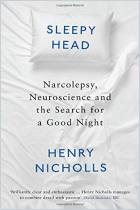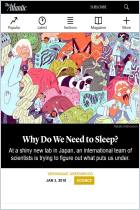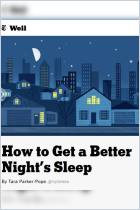
24/7
Late Capitalism and the Ends of Sleep
Read or listen offline
Recommendation
Columbia University professor of modern art and theory Jonathan Crary is a respected social commentator. His work on attention and perception has drawn an audience far beyond academia. In this impassioned argument against the speed of life in the technological age, he warns that being constantly plugged in eliminates reflection in favor of consumption. He cautions against a complete embrace of the digital age, where shoppers buy on impulse to create an arbitrary online identity they can “share” on social media. Instead, he says, engaged political action requires a population with a private life, where people can lose time in meandering conversations with friends and discover new possibilities for a better world. While Crary doesn’t offer much data or many studies in support of his philosophical conclusions, and his writing style can be a bit dense, his polemic will spur you to think twice about the constant rush and stimulation of modern life. getAbstract recommends his insights to students considering the future, professors of social theory, those who yearn to connect in an alienated age and leaders seeking a bigger picture.
Take-Aways
About the Author
Jonathan Crary, the Meyer Shapiro Professor of Modern Art and Theory at Columbia University, received Getty, Mellon and NEA grants for his research on modern visual culture. This book has been translated into 15 languages.

















Comment on this summary or Start Discussion